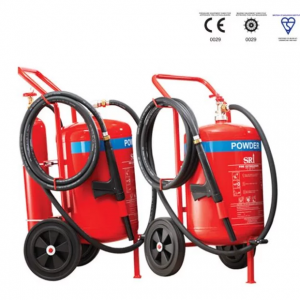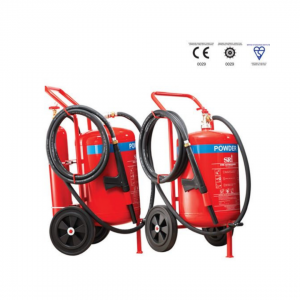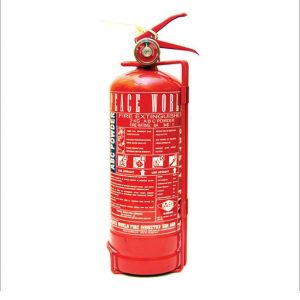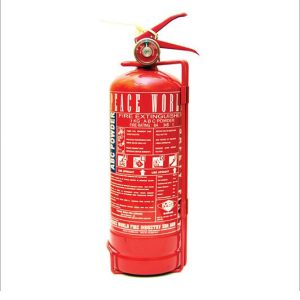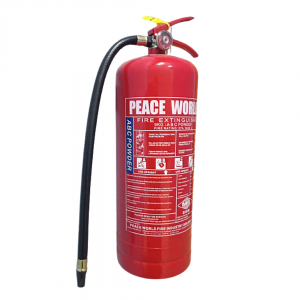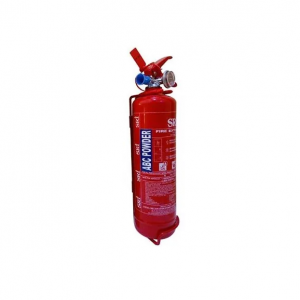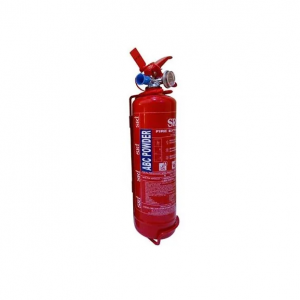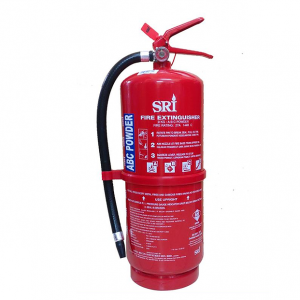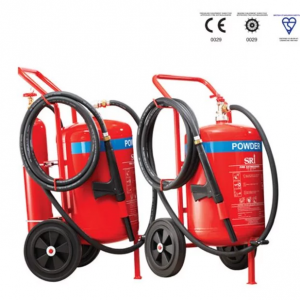Electrical Fire Safety Tips: Protecting Against Potential Hazards
Electrical fires pose a significant risk in homes and workplaces, often resulting from faulty wiring, overloaded circuits, or malfunctioning appliances. Understanding how to prevent electrical fires and respond effectively. In case of an emergency is essential for safeguarding lives and property. In this article, we present crucial electrical fire safety tips to help individuals mitigate risks and ensure a safe environment.

- Regular Maintenance: Schedule regular inspections of your electrical system by a qualified electrician to identify and address potential hazards such as faulty wiring, loose connections, or outdated components. Promptly repair or replace any damaged or deteriorating wiring, outlets, switches, or appliances to prevent electrical fires.
- Avoid Overloading Circuits: Do not overload electrical circuits by connecting too many devices to a single outlet or circuit. Distribute electrical loads evenly across multiple outlets and circuits to prevent overheating and potential fire hazards. Use power strips or surge protectors with built-in overload protection for added safety.
- Upgrade Older Wiring: If your home or workplace has outdated electrical wiring, consider upgrading to modern, safer wiring systems. Older wiring, particularly knob-and-tube or aluminum wiring, may be more susceptible to damage and pose a higher risk of electrical fires. Consult with a qualified electrician to assess the condition of your wiring and recommend appropriate upgrades.
- Use Electrical Appliances Safely: Follow manufacturer guidelines and safety instructions when using electrical appliances to reduce the risk of electrical fires. Inspect appliances regularly for signs of wear or damage, and refrain from using them if they appear defective. Unplug appliances when not in use, and avoid using damaged cords or plugs.
- Install Arc Fault Circuit Interrupters (AFCIs): Consider installing arc fault circuit interrupters (AFCIs) in your electrical system to detect and mitigate arc faults, which can lead to electrical fires. AFCIs are designed to trip and disconnect power when they detect abnormal arcing caused by damaged wiring or faulty connections, reducing the risk of fire ignition.
- Practice Safe Outlets Usage: Keep electrical outlets and switches clean and free from dust, debris, or flammable materials that could ignite under heat. Avoid using outlets that feel warm to the touch, as this may indicate potential wiring problems or overload. Install childproof outlet covers to prevent accidental insertion of foreign objects.
- Educate Household Members: Educate family members, roommates, and coworkers about electrical fire safety practices, including how to recognize warning signs of electrical problems and respond appropriately in case of an emergency. Encourage them to report any unusual smells, sounds, or visual indications of electrical issues promptly.
- Have an Emergency Plan: Develop and rehearse an emergency plan that includes procedures for responding to electrical fires. Know the location of fire extinguishers, smoke alarms, and emergency exits. Ensure that everyone knows how to safely evacuate the building in the event of a fire.
- Install Smoke Alarms: Install smoke alarms in every bedroom, outside each sleeping area. And also on every level of your home or workplace. Test smoke alarms monthly and replace batteries at least once a year to ensure they are functioning correctly. Smoke alarms provide early warning of fires, allowing occupants to evacuate safely.
By following these electrical fire safety tips and adopting proactive measures. More equally, individuals can significantly reduce the risk of electrical fires and protect themselves and their property. Prevention, maintenance, and awareness are key to minimizing the potential dangers associated with electrical systems. Stay vigilant, prioritize safety, and take proactive steps to ensure a fire-safe environment.
Book your consultation on Fire Safety Here!




